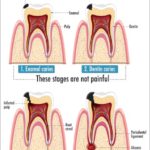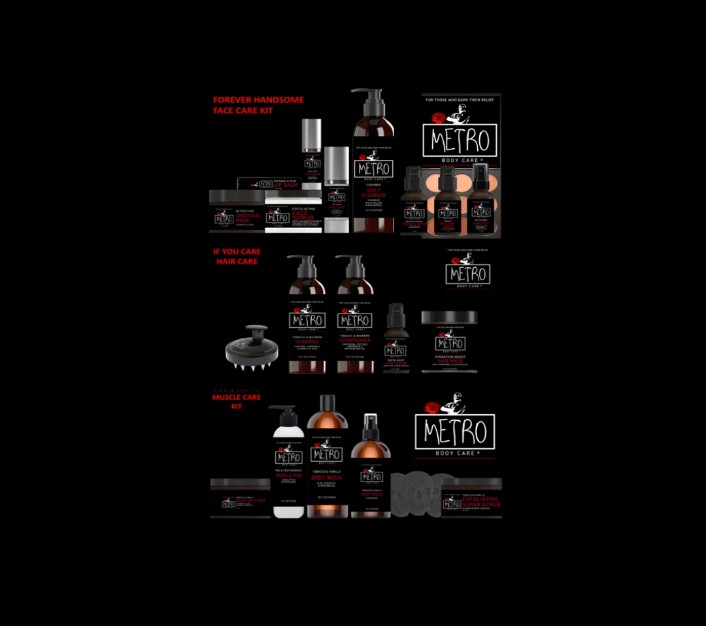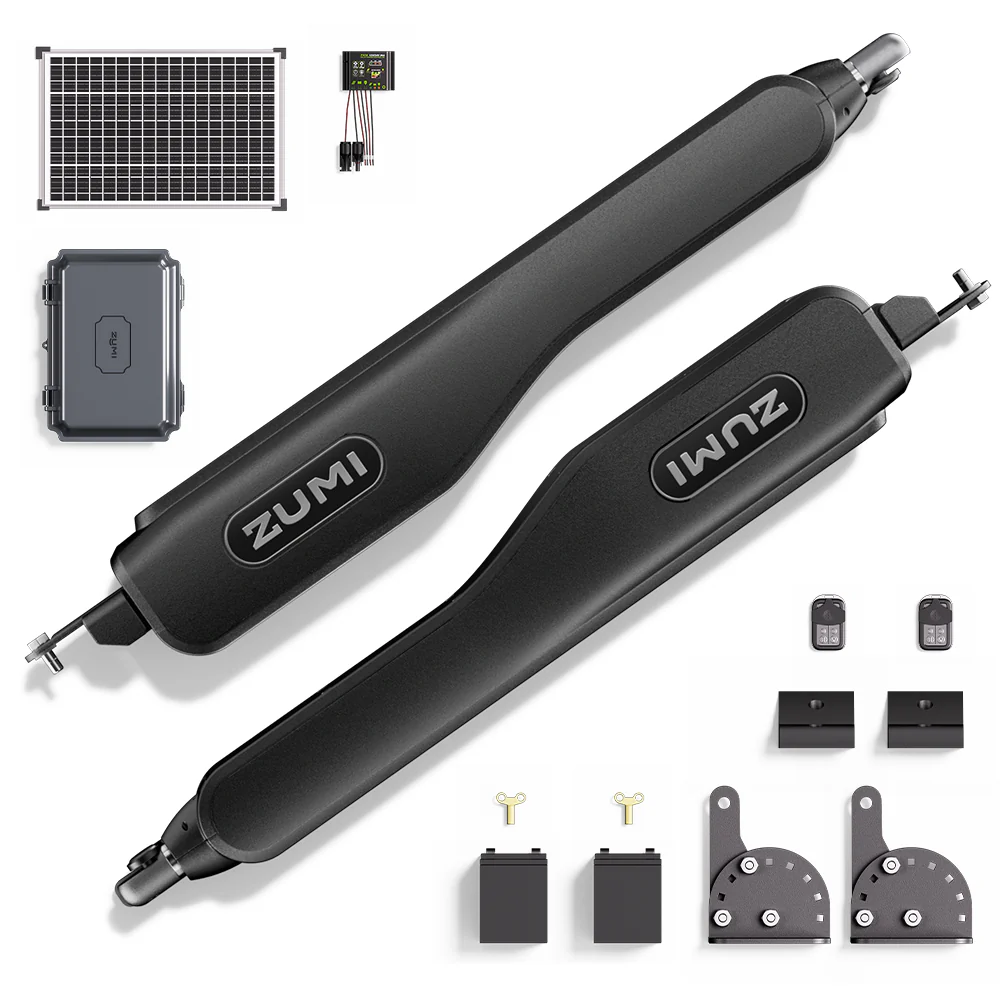Sometimes, a severe toothache makes you want to see a dentist immediately to relieve the pain, but you don’t have time to wait for an appointment.
You could occasionally wait days or weeks for an appointment if the dentist is fully booked. That said, you should locate emergency dentists who can address your issue immediately under such circumstances.
Patients in immediate need of dental care benefit from this kind of dental care. They are capable of handling extractions, managing infections, and even performing urgent surgery.
A dental emergency: What is it?
Studies show that 22% of persons get oral pain at least once every six months.
Typically, a medical center that offers choices for urgent dental care only offers a limited range of services. Thus, you need to understand the circumstances that constitute a dental emergency.
In certain cases, you might feel pain or discomfort, but you can’t be certain if it’s a dental emergency. Sometimes, the issue is not deemed an emergency, and an emergency dental care facility might not be able to assist you.
These clinics only accept urgent cases. Hence, they only have open slots for patients in dire need of emergency care.
Consequently, here are some ways of finding an emergency dentist.
1. Find out their location
In any dental emergency, time is of the importance. This is particularly valid in cases where you have lost a tooth and have limited time to get it replaced. Because of this, it’s critical that your dental office be as close to your home as feasible. Since you drove too long to your appointment, you don’t want to take the chance of letting your tooth die.
2. Examine the facility
A dentist’s office should keep up with the most recent technological advancements and maintain a hygienic environment. You can see firsthand how modern and tidy the practice is if you visit them. Look for another office if the way you’re being treated there doesn’t sit well with you.
After selecting an emergency dentist, it would be wise to get your oral health assessed and examined. Besides, make sure the partner you choose is someone you can rely on to provide you with the high-quality care you require to end your dental pain and preserve your natural teeth.
3. Verify if they accept insurance
Certain practices are in-network with multiple plans and accept all forms of insurance. However, this isn’t always the case with dentist offices. Because of this, it’s critical to confirm in advance that the emergency dentist you’ve selected will accept your insurance and submit the required claims to your provider. If not, your out-of-pocket expenses may increase dramatically, adding just another cause for anxiety and stress to your life.
4. Examine the type of sedation they use
Dental sedation is frequently used to ensure patients remain pain-free and calm throughout dental procedures. Sedation may wind up being a crucial component of your emergency care because you’re likely to be in excruciating pain during a dental emergency and may need more sophisticated care, like root canal therapy. You should question your dentist about the many types of sedation they are licensed to deliver, as their recommendation may vary depending on your needs.
5. Inquire about the protocol for follow-up
What happens after your urgent appointment? What happens if something goes wrong while you’re healing? A dentist’s office that you can rely on to manage your case is what you need. Verify if they already have a follow-up plan in place.
What qualifies as an emergency in dentistry?
Until you visit your dentist, you can handle each of these dental emergencies as follows:
1. Severe dental pain
First, give yourself an excellent oral wash with warm water. To get rid of any stuck food, use dental floss. Use a cold compress on the outside of your mouth or cheek if your mouth is swollen. Use over-the-counter analgesics such ibuprofen, naproxen, or acetaminophen. (Aspirin and other painkillers should never be applied directly to your gums or teeth as this could burn the tissue there.) Consult a dentist as soon as you can.
2. Fractured teeth
Keep any shattered bits of your tooth and rinse them. Swish some warm water over your mouth. If there is bleeding, cover the affected area with gauze and hold it there for ten minutes or until the bleeding stops. To reduce discomfort and swelling, apply a cool compress to the lip, cheek, or outside of your mouth where the chipped or fractured tooth is located. Consult a dentist as soon as you can.
3. Lost teeth
Take out the tooth, hold it by its crown—the portion of the tooth that is often visible above the gum line—and use water to clean the tooth root. Don’t clean it or take out any tissue pieces that are adhered. Try to replace your tooth in its socket if at all possible.
Verify that it faces the correct direction. Never yank it into position. If you are unable to place your tooth back into its socket, place it in a small bottle of milk (or, in the event that milk is not available, a cup of water with a pinch of table salt) or a product called Save-a-Tooth® that contains cell development medium.
4. Partially dislodged tooth that has extruded
Make an immediate appointment with your dentist. Apply a cool compress to the afflicted cheek or the outside of your mouth to reduce pain until you can see your dentist. If necessary, take an over-the-counter pain treatment such as ibuprofen, naproxen, or acetaminophen.
5. Damaged or missing dental crown
Old dental restorations may occasionally break loose or come loose. Use an over-the-counter dental cement or insert a piece of sugar-free gum (sugar-filled gum can hurt) into the cavity if you have a fractured or missing filling. Consult an emergency dentist as soon as you can.
Make an appointment as soon as possible to see your dentist if you have a damaged dental crown or bridge, and don’t forget to bring the restoration. Reinstall your restore if at all possible.
In the end!
Any oral injury that results in uncontrollable bleeding, excruciating pain, or damaged face bones is considered a dental emergency. Untreated dental emergencies can result in more severe problems, such as infection spreading, tooth movement, and even tooth loss. Timely and efficient care is essential. For individuals in need of urgent dental care, Columbia Dental in Hamilton and Elizabeth, New Jersey, provides same-day and urgent service.





